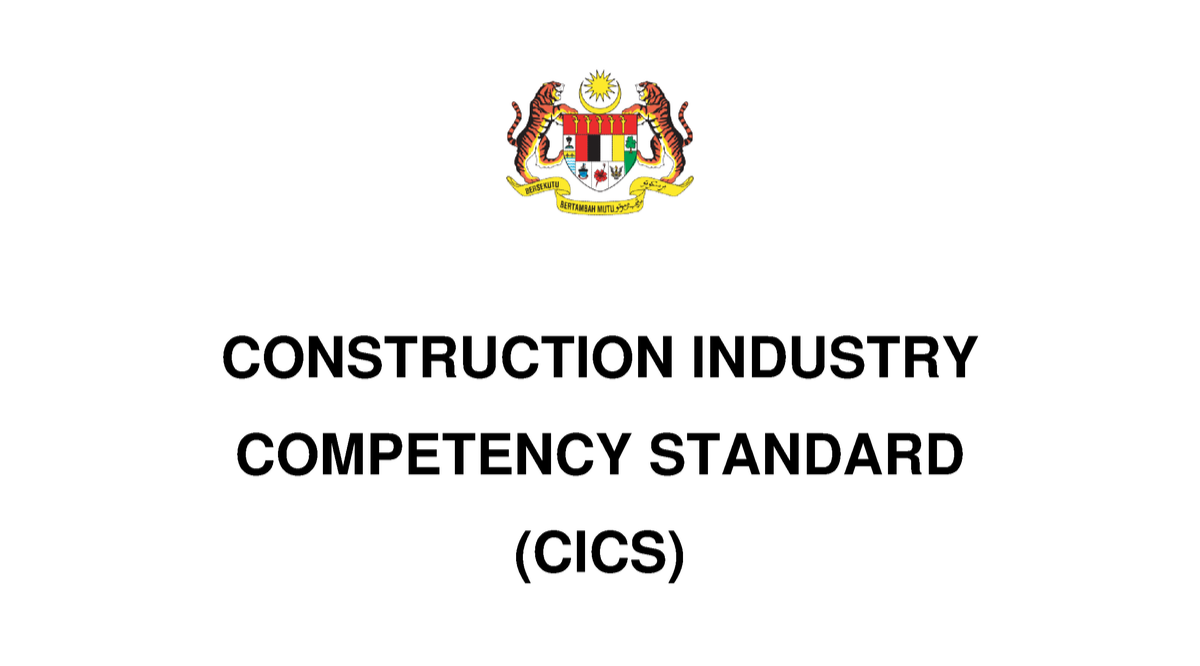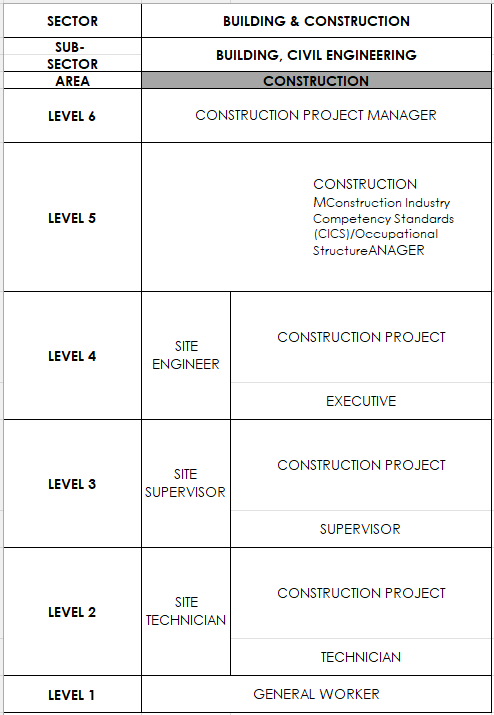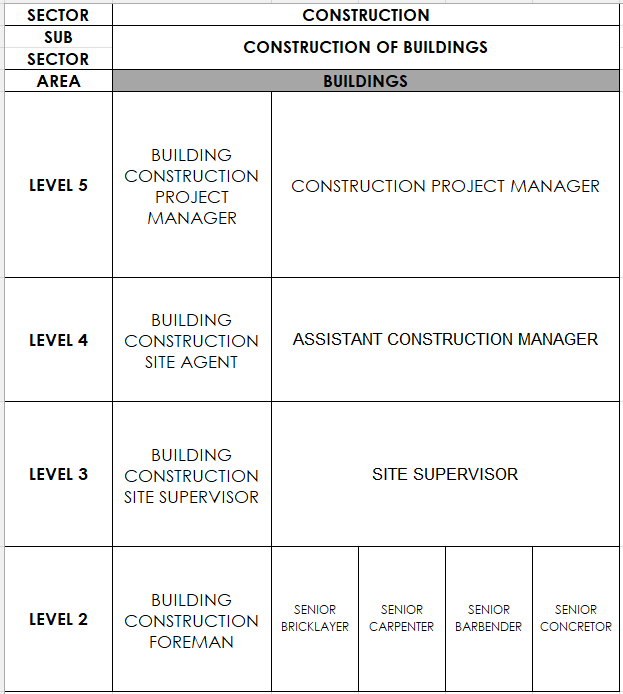Introduction of CICS
Introduction of CCPM & CCM
CIDB introduced the Certified Construction Project Management (CCPM) program in 2006 to certify Construction Project Managers (CPMs). This was in response to the varied project management practices in construction and growing concerns about poor project delivery. Before this program, there wasn't a formal framework for education, training, or certification in construction project management.
Challenges in Project Management Education and Certification
Without a formal framework, organizations offering project management education, training, and certification programs had the freedom to design and implement their own. While some programs issued certificates, diplomas, degrees, or competency certificates, doubts emerged about the credibility and reliability of these credentials.
Lack of Regulation in Project Manager Titles in Construction Industry
Making matters worse is the absence of formal regulations overseeing the job title "Project Manager." As a result, those supervising construction projects could label themselves as project managers regardless of their expertise or credentials. This differed from professions like architecture, engineering, and surveying, where strict regulations by professional associations ensured only qualified individuals could hold such positions.
Transitioning from Vocational to Comprehensive Skills Standards in Construction
Before 2019, construction personnel's expected skills were defined by the National Competency Standard (NCS), which relied on vocational skills from the Malaysian National Occupational Skills Standards (NOSS). However, with the introduction of the CICS, there was a shift. It acknowledged that relying solely on vocational skills to define competency standards for higher supervisory and managerial levels wasn't enough.
NOSS vs CISCS
Implications of Act and Law





